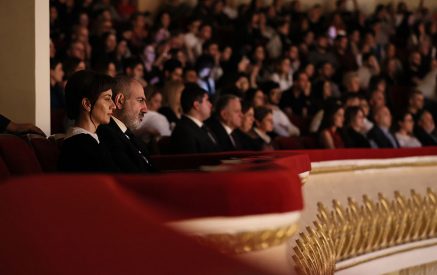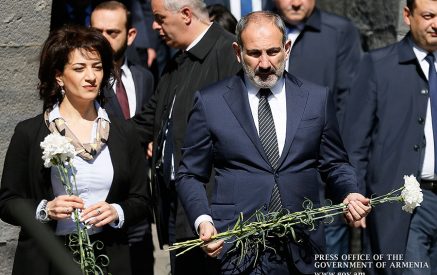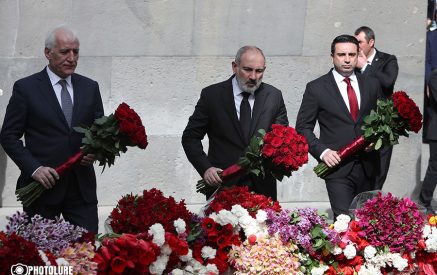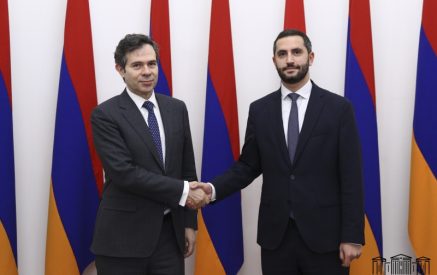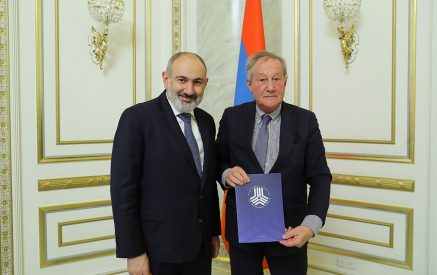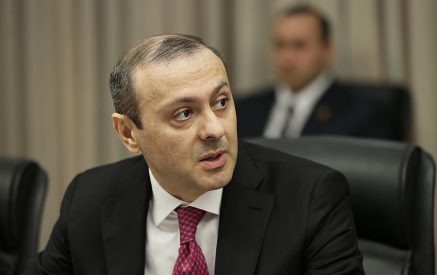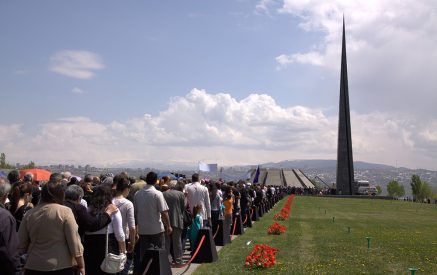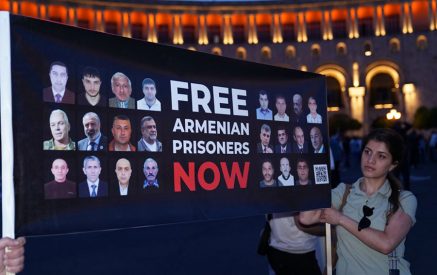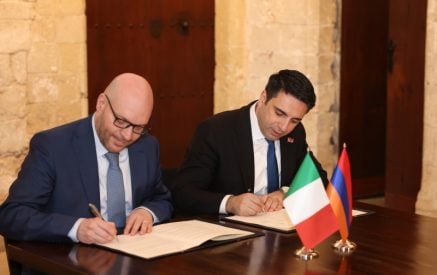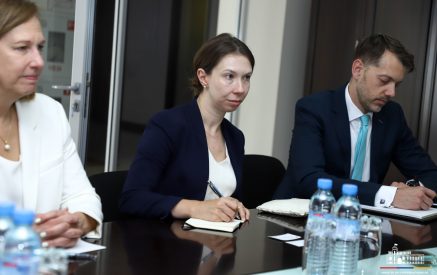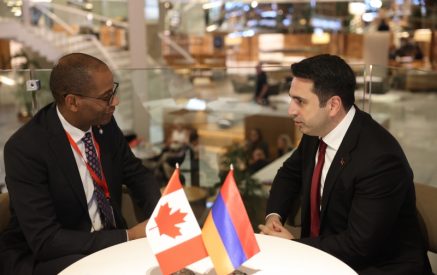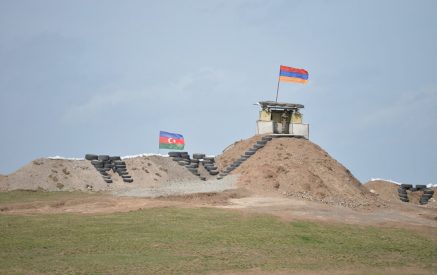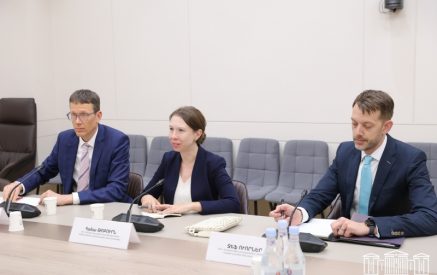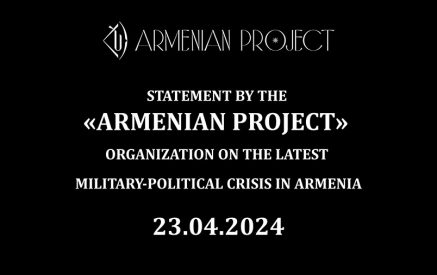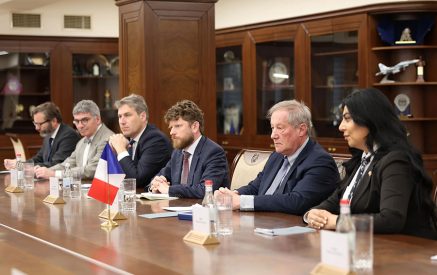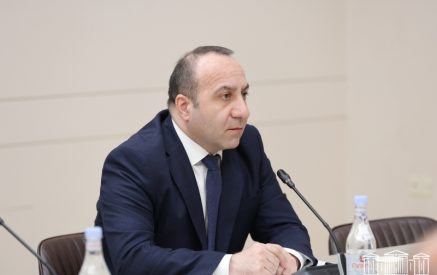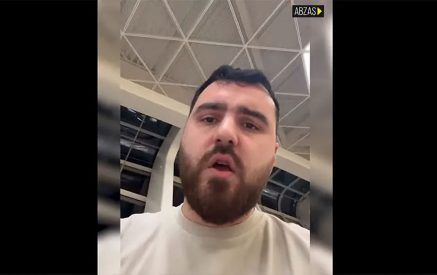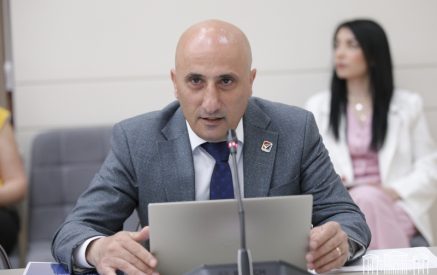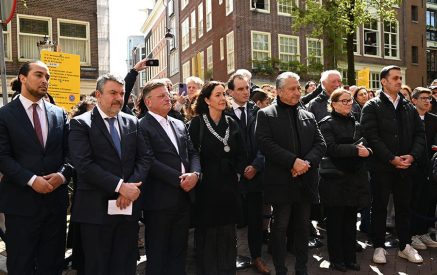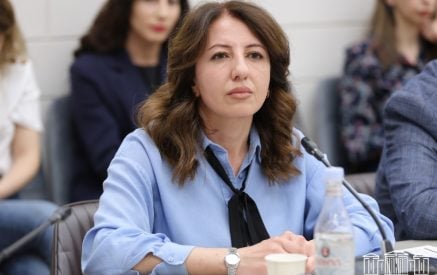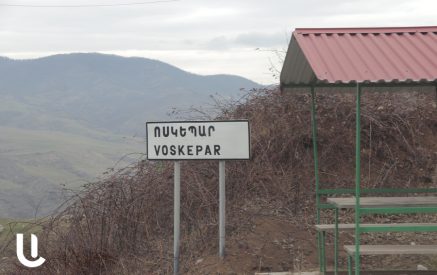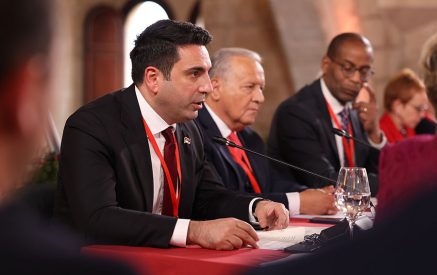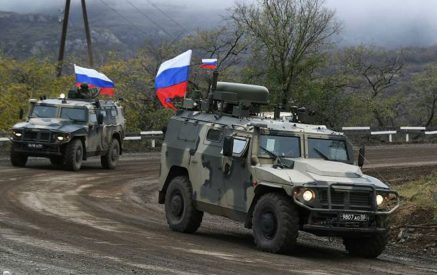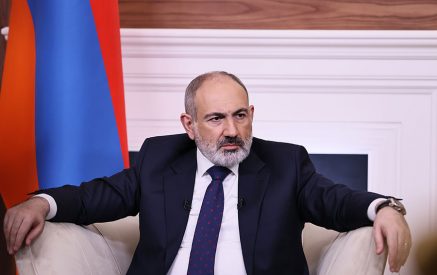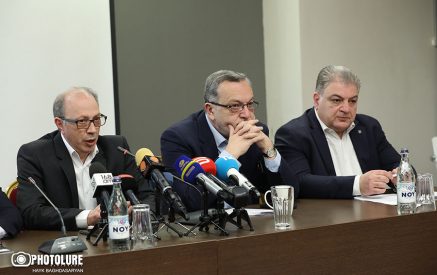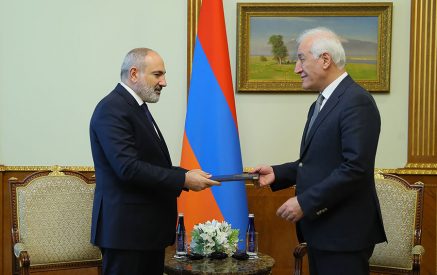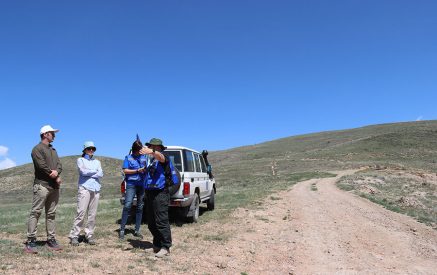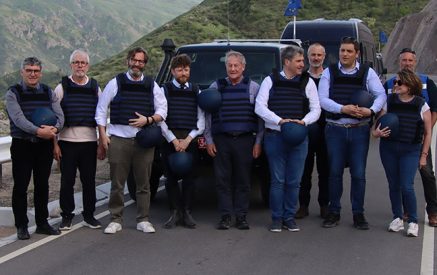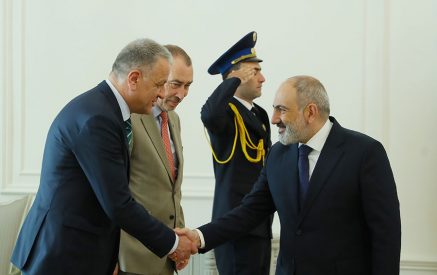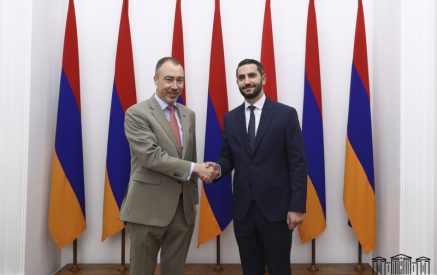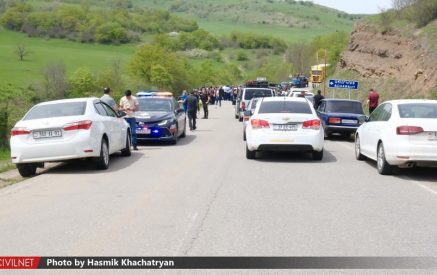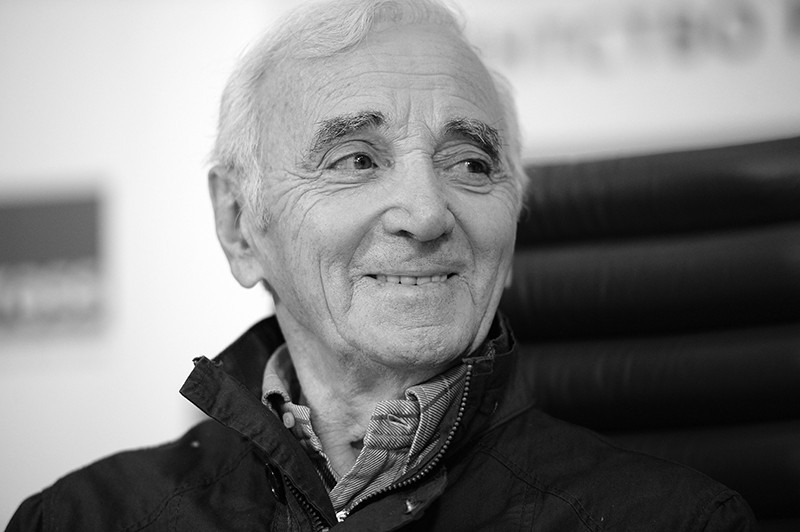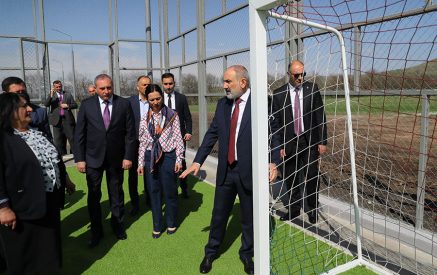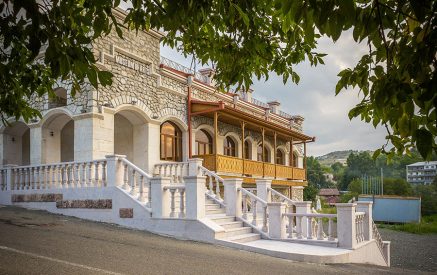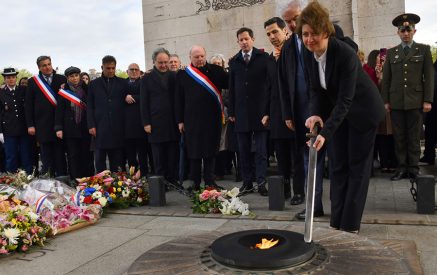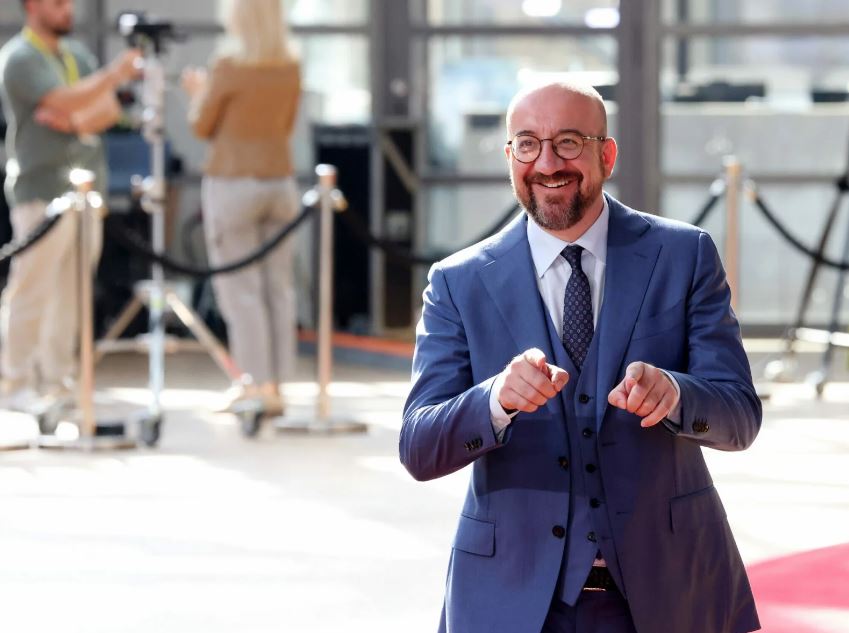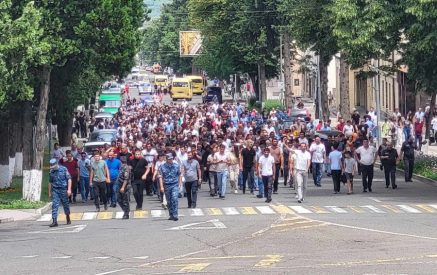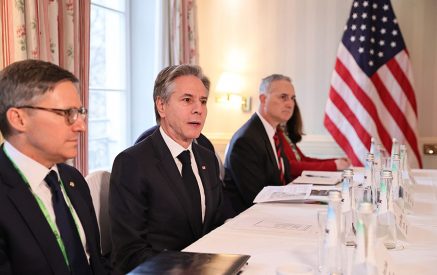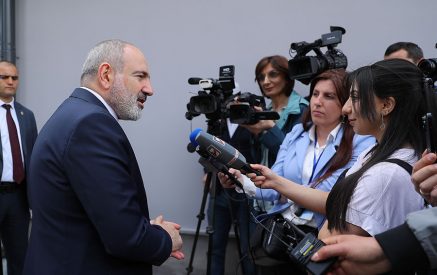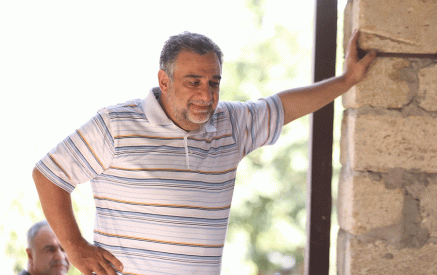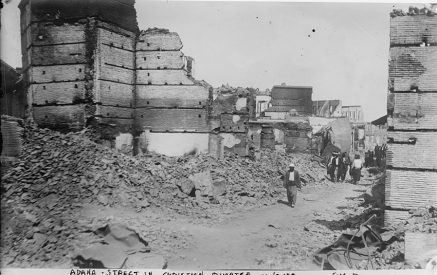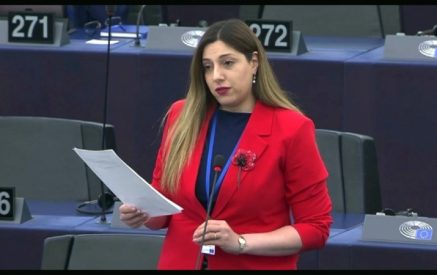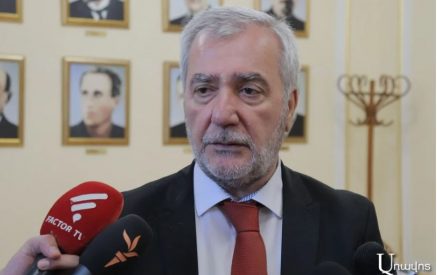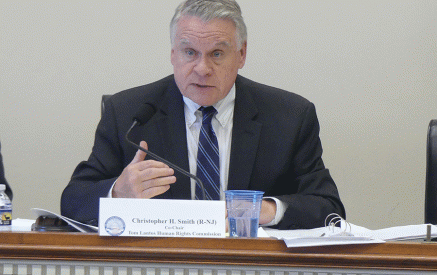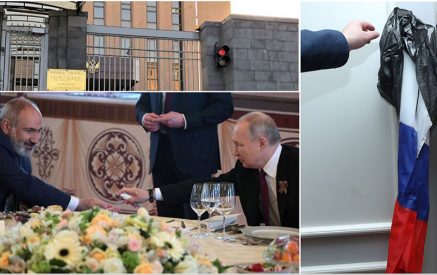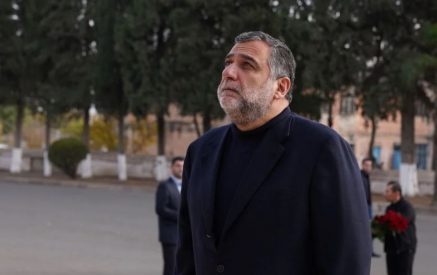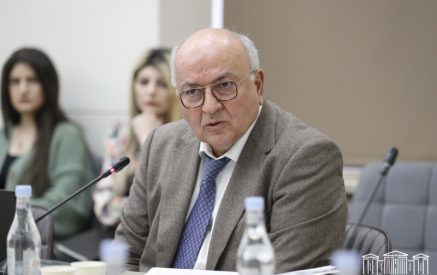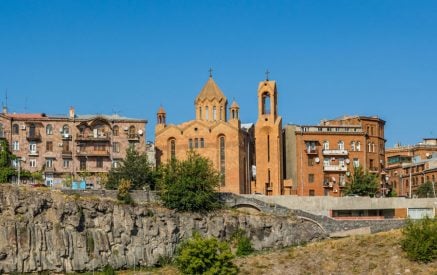The 18 March presidential election in Russia took place in an overly controlled environment, marked by continued pressure on critical voices, while the Central Election Commission (CEC) administered the process efficiently and openly, the international observers concluded in a statement today. After intense efforts to promote turnout, citizens voted in significant numbers, yet restrictions on the fundamental freedoms, as well as on candidate registration, have limited the space for political engagement and resulted in a lack of genuine competition, the statement says.
There were eight candidates, one woman and seven men, including the incumbent president. Positively, recent amendments significantly reduced the number of supporting signatures required for candidate registration. Seventeen prospective candidates were rejected by the CEC, with six of these decisions challenged unsuccessfully in the Supreme Court. While candidates could generally campaign freely, the extensive coverage in most media of the incumbent as president resulted in an uneven playing field, the observers said.
“Choice without real competition, as we have seen here, is not real choice. The Central Election Commission’s professional and efficient administration of the technical aspects of the election deserves recognition,” said Michael Georg Link, Special Co-ordinator and leader of the short-term OSCE observer mission. “But where the legal framework restricts many fundamental freedoms and the outcome is not in doubt, elections almost lose their purpose – empowering people to choose their leaders.”
The laws governing presidential elections are comprehensive, and recent amendments addressed some previous ODIHR recommendations. They remain highly complex, however, and include restrictions on voter and candidate rights. Amendments to a dozen different laws since the 2012 presidential election limited some constitutionally guaranteed political rights and fundamental freedoms of assembly, association and expression, and a number of activists who questioned the legitimacy of the election were detained.
The legal and technical aspects of the election were well administered, and the CEC held regular public sessions, undertaking measures to address persistent allegations of voter coercion. Overall, lower-level commissions prepared the election efficiently, although some questioned whether their composition impacted their impartiality and independence, the statement says.
“Elections are a critical part of democracy, but democracy is not only about elections. Some positive legal changes and the good work of the Central Election Commission are welcome, but improving the real state of democracy in Russia requires full respect for people’s rights between elections as well” said Marietta Tidei, Head of the delegation from the OSCE Parliamentary Assembly. “The ability for candidates to generally campaign freely in recent weeks needs to be extended to all of society.”
Television, and particularly broadcasters founded, owned or supported by the state, remains the dominant source of political information. While the incumbent president did not participate in debates or in campaigning, the extensive coverage of his official activities provided him with a dominant presence, the observers said. A restrictive legislative and regulatory framework limits freedom of the media and promotes self-censorship. The media monitored by the ODIHR EOM complied with the legal requirements to air debates and provided contestants with free airtime and space. Critical assessments were absent in most media.
Election day was conducted in an orderly manner, despite shortcomings related to voter secrecy and procedures that reduced the transparency of the counting. Tabulation was assessed positively, although some concerns were reported about the transparency of the process. Observers noted a variety of measures, some involving inappropriate pressure on voters, aimed at increasing turnout.
The CEC accredited some 1,500 international observers, and over 150,000 were fielded by civic chambers. Given the perceived association with the state authorities, observation by civic chambers does not address the continued lack of legal provisions for independent observation by citizen observers and organizations.
“Persistent pressure on civil society, the absence of critical reporting in most media, and concerted efforts to increase turnout characterized the political environment of this election. Election day was administered generally well, despite some irregularities,” said Ambassador Jan Petersen, Head of the election observation mission from the OSCE Office for Democratic Institutions and Human Rights. “I encourage the Russian authorities to engage in follow up and address these and other shortcomings.”
Overall, the process of handling election complaints lacked transparency, the statement says. Out of a multitude of petitions, the CEC deemed 380 to constitute complaints, but considered only two of them in public sessions and subsequently published rulings. The CEC directed most remaining complaints to other state authorities, as they related to the misuse of state resources. Over 160 complaints were filed with the lower election commissions, who ruled in a consistently restrictive manner that the distribution of campaign materials, including leaflets calling for a boycott, violated the law.
There was general confidence in the accuracy of voter lists, the observers said, and legal changes enabling voting in polling stations away from the permanent place of residence were a welcome measure facilitating voting, with some 5.6 million using the mechanism. At the same time, there was public concern it was misused to apply pressure to vote.

